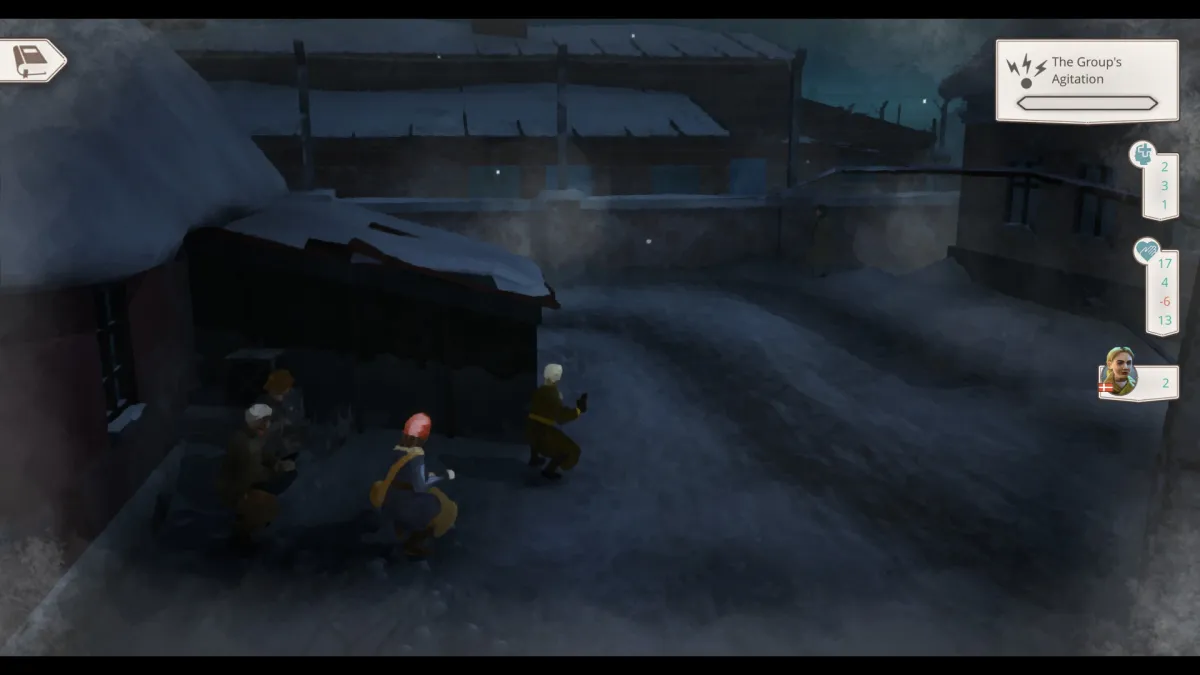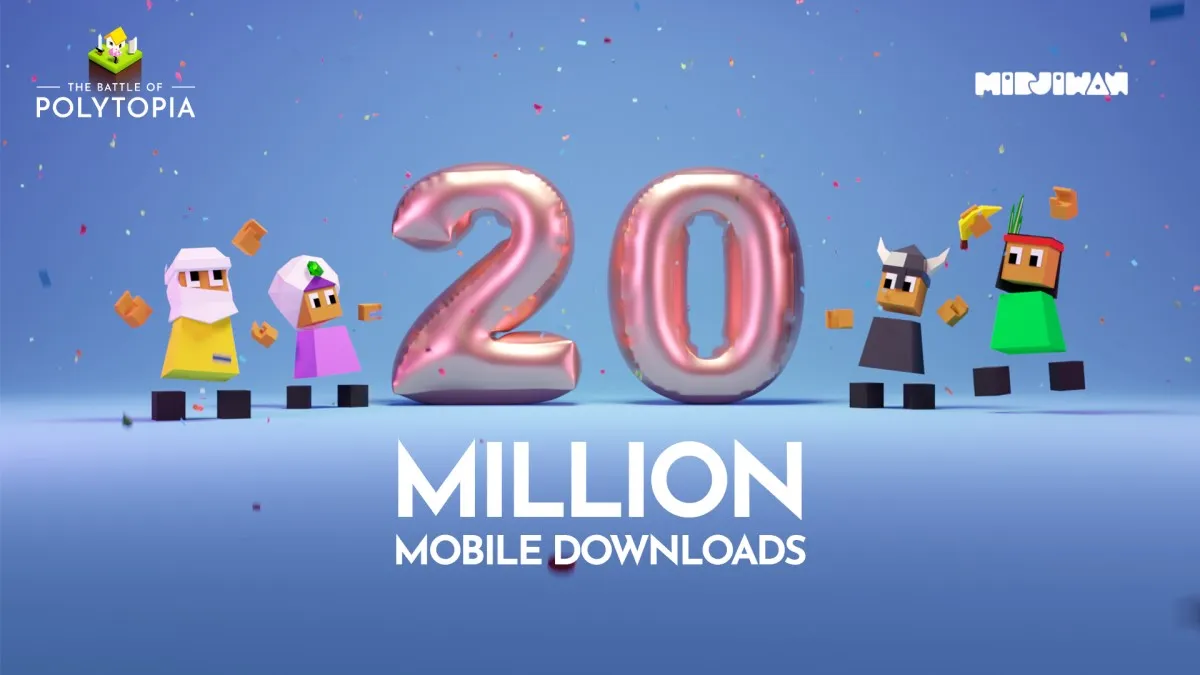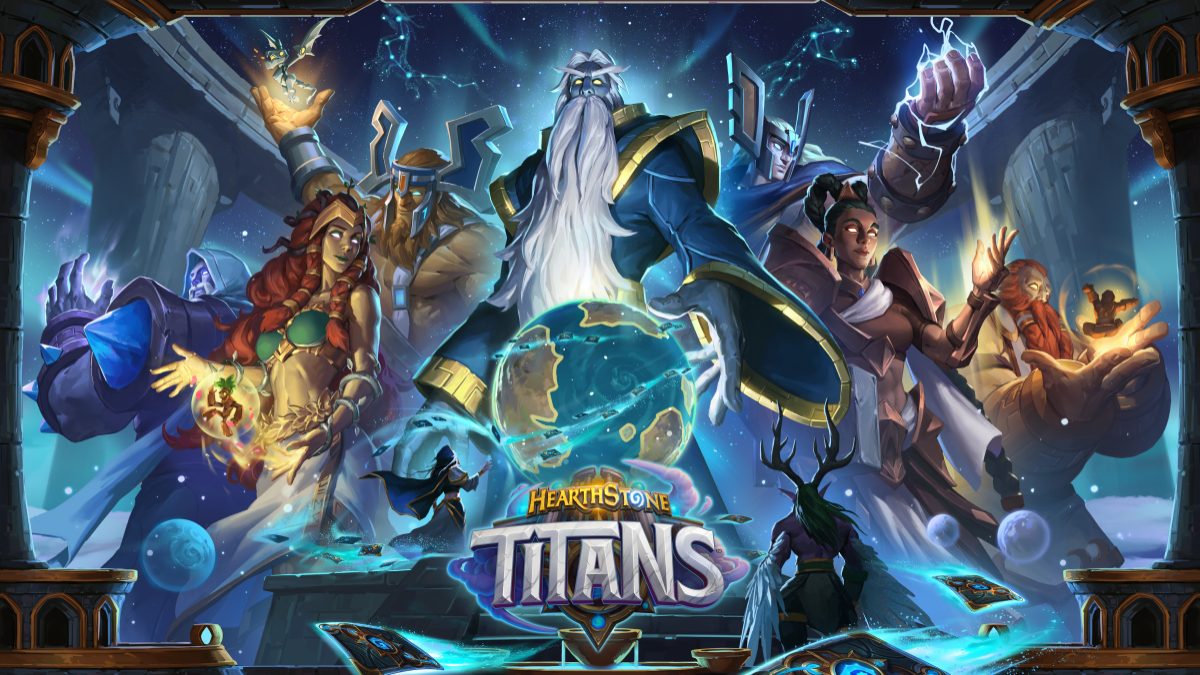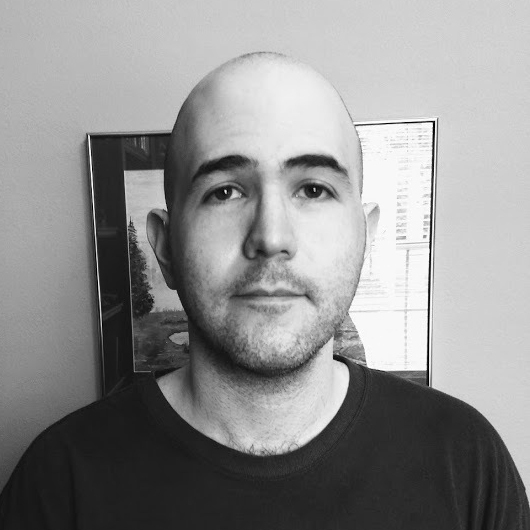Gerda: A Flame in Winter releases today. I got to send some questions about player choices, inspirations, and more to the team at PortaPlay and heard back from Shalev Moran, Lead Designer, and Hans Von Knut, Creative Director.
One question was answered by the head of publishing at DON’T NOD, which will be reflected in the bolded name prior to the answers.
PCI: What was the main influence behind the watercolor-esque visual design?
SM&HVK: The Artistic Direction is inspired by a period in Nordic impressionism, and specifically the Skagen Painters. The Danish countryside doesn’t have great mountains or grand architecture, but there is a special beauty to find in this flat, cold, and sparse world. The loneliness and expansiveness, the colors, and light of the north, the small cozy Danish villages, though under the pressure of the occupation, are one of a kind and full of atmosphere. The Skagen Painters really capture the beauty of this environment. These Nordic paintings were mainly before the war, but still, their art captures the essence of the Danish countryside.
PCI: Gerda has a constant stream of impactful choices. Was having these part of the plan from the get-go?
SM&HVK: Gerda herself is not a fighter or a leader, she is a mediator. So we knew her main tool, and thus the player’s main tool, is conversation and negotiation. This is also the mindset we wanted to put the players in — that times of crisis put you in an ongoing state of tough negotiation and compromise.
PCI: What made the team want to choose a World War II setting specifically?
SM&HVK: The story of GAFIW is inspired by the real life of Hans Von Knut’s grandmother (Hans is PortaPlay’s Game Director), who took part in the Danish Resistance during WW2. She shared her experiences and reflections with him, and those became the base for the conversation inside the studio that bloomed into GAFIW. We weren’t looking intentionally into WW2, but rather we felt that keeping the setting true to the actual history and location can bring a sense of specificity and authenticity.
PCI: How many different endings can we expect the game to have?
SM&HVK: Gerda’s journey will impact the fates of many characters and each of them can reach one of several conclusions, so the ending can have many variations. Even if you focus on just the people closest to Gerda, you could replay the game several times and get very different results — some harder to reach than others. And yes, we are keeping this answer a bit vague because saying more could be a spoiler
PCI: It’s refreshing to have choices constantly mean something. Were there any specific games that influenced this?
SM&HVK: We loved how Neocab used mental states for unlocking dialogue options, and how it weaved those mechanics into a political thriller with a protagonist you really care for. Similarly, we loved Disco Elysium, which also had those and has done a lot of good PR for games like ours — RPGs focused on relationships instead of combat. The fact that it was a hit gave us confidence that the game we’re making can find an audience. And we admire the dramatic momentum of Life Is Strange — our design approach that we call “RPG-lite” is about trying to inject some of that momentum into the often slow-paced genre of Role-Playing games.
PCI: DON’T NOD Entertainment is very famous for its narrative games. How did your team end up getting involved with them?
Xavier Spinat, Head of Publishing at DON’T NOD: As a publisher, we want to offer players experiences that are both accessible to the wider audience while setting the bar high regarding themes and quality of design. From our first discussions with PortaPlay, it became clear to us that co-producing and publishing this original creation would allow us to expand our portfolio with a game complementary to our in-house productions, while remaining true to our DNA. We will be able to bring to our partner our know-how and our knowledge of the market, in line with our community’s expectations.
PCI: Similar to the previous question, has the partnership with DON’T NOD led to any changes in Gerda‘s development, or has the team been operating independently?
SM&HVK: While we kept our authorial autonomy, DON’T NOD has excellent experience with making narrative games and their teams bring expertise and advice that supported development each time we felt it could help. Our partnership was creative, and their vision helped us sharpen many parts of the game. One simple example — DON’T NOD values stories that are fully experienced, so they encouraged us to fine-tune the ending of the game, make sure it is satisfying and dramatic, and reward players who take in the work as a whole. The partnership between PortaPlay and DON’T NOD is a co-production with a joint ownership of the IP, so it is a long-term vision, and all future development will be decided together.
PCI: I was surprised by the length of the demo. How long do you expect the final game will last?
SM&HVK: A playthrough should take somewhere between 5 and 8 hours, depending on the choices you make and how much you explore each scene and situation.
PCI: What’s the hardest thing about giving players such substantial moral choices when it comes to writing?
SM&HVK: We generally sought to challenge ourselves together with our players, and that means that we never cared for the easy answers – we wanted to find situations where we ourselves were not sure what the correct response should be. Combine that with the RPG elements that mean every choice can have additional long-term effects for Gerda’s standing with different people and factions, meant we had to think long and hard about each encounter, and how the many threads and plots combine for a tense experience.
We would like to thank Mr. Moran, Mr. Van Knut, and Mr. Spinat for their answers to our questions. Make sure to check out our review of Gerda: A Flame in Winter, which is out today.








Published: Sep 1, 2022 02:00 pm